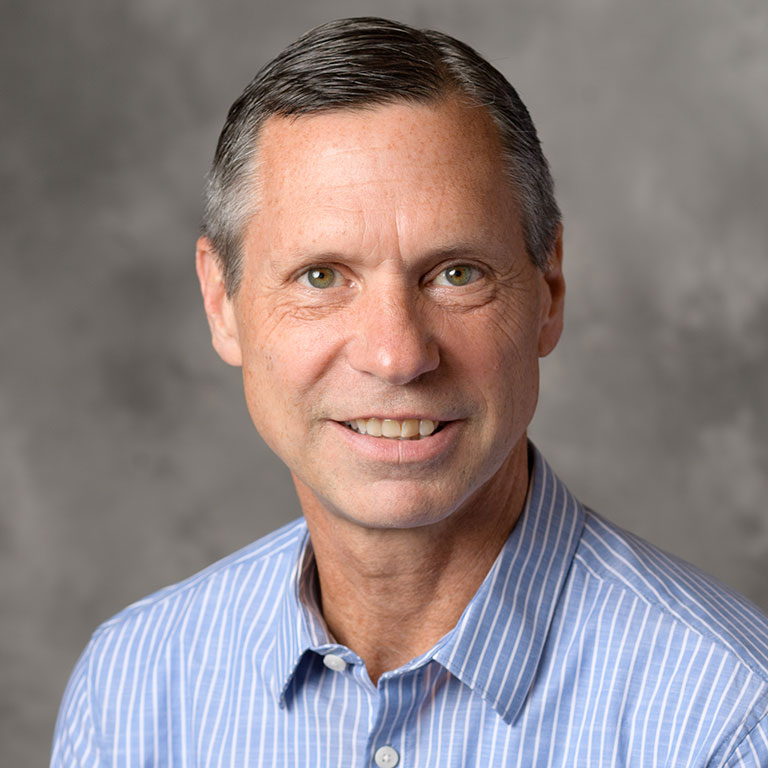“Wow, that’s a lot of money,” I thought to myself as I flipped through the five and ten dollar bills that Professor Arlington Williams handed me. I had just spent an hour trading fictional goods over a computer network in the Wells Library, participating in my first economics experiment. I didn’t realize it at the time, but I would be handing out a couple of hundred thousand dollars in cash to student subjects over the next few decades. Money, and research inspiration, flows in circles.
It was 40 years ago that I found myself in Arlie’s introductory microeconomics class, more or less by accident. I came to IU as a freshman planning to major in journalism, but my life trajectory was completely changed by Arlie and the other welcoming and devoted faculty in the economics department.
After another course taught by Arlie (macro) I found my way to the upper floors of Ballantine Hall to declare an econ major. Fortunately, the advisor asked me what I wanted to do with the degree. I was fascinated by the experiments I participated in and observed, and I wanted to figure out a way to do that for a living. Which, of course, required a Ph.D. Upon hearing this, the advisor handed a sheet of paper to me. It contained advice written by some econ faculty: “So you want a Ph.D. in economics? You should be a math major—not an econ major.” It also contained a list of the most important math courses to take.
Since this was early in my time at IU, I was able to double major in math and econ. I was also in the honors program, which included the opportunity to take some Ph.D. level seminar courses. Most impactful for me was the experimental economics seminar led by Arlie and Jimmy Walker. Sitting around a table and talking about research—this seminar experience confirmed that I had discovered what I wanted to do. I also had the opportunity to serve as an undergraduate teaching assistant, which confirmed my love and aptitude for teaching as well.
Arlie later guided my honors thesis, which was an experimental study of posted offer markets with extreme equilibrium earnings inequities. Some years later during my Ph.D. studies at UC-Berkeley, he and I revised it into my first publication. It appeared in the Journal of Economic Behavior and Organization, which is currently co-edited by IU faculty member Daniela Puzzello. (I also helped advise Daniela when she was a grad student, but that’s another story. But it illustrates that mentoring also flows in circles.)
Experimental economics empirically documents human economic behavior, and so it inspired the incredibly important field of behavioral economics. The growth in experimental and behavioral economics has accelerated through every decade of my career. When I first started grad school, for example, almost no programs had any coursework in the area. Today, every top department has faculty working on behavioral topics and there are now hundreds of experimental labs dedicated exclusively to economics throughout the world. I consider myself blessed to have been inspired by some of the field’s true pioneers. They helped me get in on the ground floor.
After completing my Berkeley Ph.D., I spent seven years on the faculty at the University of Southern California before returning “Back Home Again in Indiana” in the late 1990s. I am a Distinguished Professor and the Gadomski Chair in Economics at Purdue, where I also direct the Vernon Smith Experimental Economics Laboratory. The lab is named for Arlie’s mentor (and 2002 Nobel laureate), who conducted some of the world’s first econ experiments at Purdue. Yes, things do go in circles.

 The College of Arts
The College of Arts